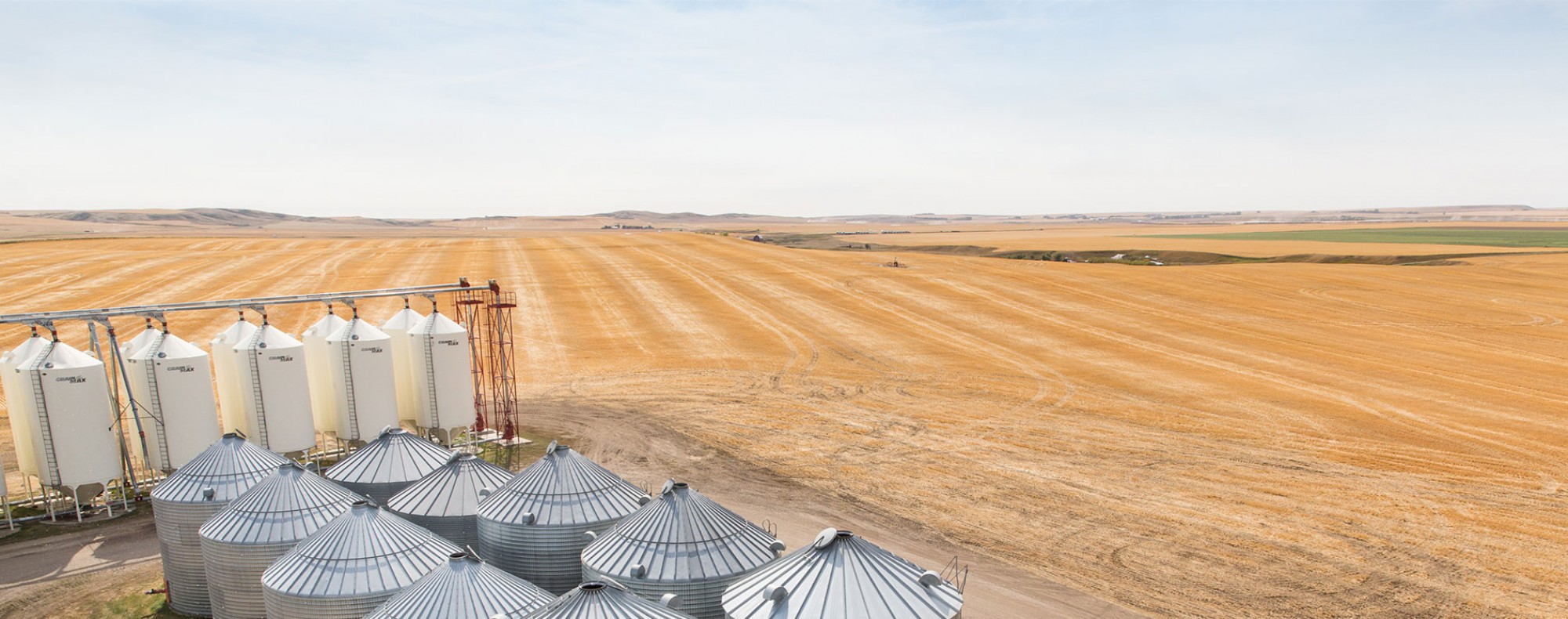Optimization of root development and photosynthesis parameters for yield increase/protection
AWC contribution: $60,000
Start date: April 1, 2017
End date: May 1, 2020
Summary:
Moisture deficits recognized as agricultural drought and those of dispersed nature that get less “press”, if any, bring down wheat yield. Grain filling period is particularly sensitive. Statistics Canada noted after one of the drought years: “Dry conditions during the growing phase in much of Canada's wheat belt contributed to lower crop yields.” Heat stress exacerbates the problem. Some studies indicate as much as 6% yield reduction for every Celsius above the most permissible temperature. As wheat breeders continue with their goal of yield increase, protecting the genetic gains in the face of adverse environmental conditions is also essential – especially in view of the grim scenarios of climate change.
Ideal genotypes are ones that yield very well under optimal conditions and also perform well enough under abiotic stress conditions to avert economic crises of yield losses. Such types must also retain all other attributes like grain quality. Our work on the physiology and genomics of stress tolerance is designed to develop knowledge and potential know-how that contribute to the goal of breeding for stress tolerance.
Designing crops with optimal root system has been a difficult task because of many challenges in studying the “hidden half” of plants. The importance of the root system for wheat performance under dry conditions was recognized in the pioneering work of Canadian researchers: Durum varieties incorporating abundant roots as a trait were indeed released nearly 40 years ago, but since then there had been no such directed effort.
Water uptake, transport, transpiration and utilization are all integral to the dynamics of plant performance. We are engaged in discerning the genetic determinants of root system development, with an objective of developing genetic handles. We have found that the lines differing for root system biomass also differ with reference to the stability of photosynthesis under stress conditions. Deploying certain tools of genetics, genomics, physiology and biochemistry, we are investigating the stress stability and its relationship, if any, to the root system traits.
Bio:
Dr. Gopalan Selvaraj, Principal Research Scientist at NRC, has a broad range of expertise (molecular biology, genomics; stress physiology and biochemistry) and has collaborated with plant breeders from various national and international organizations. Published extensively in the subject areas of molecular genetics, genomics, metabolic engineering, plant development, physiology and molecular biology; holds biotechnological patents. He is also an adjunct faculty at the University of Saskatchewan.
